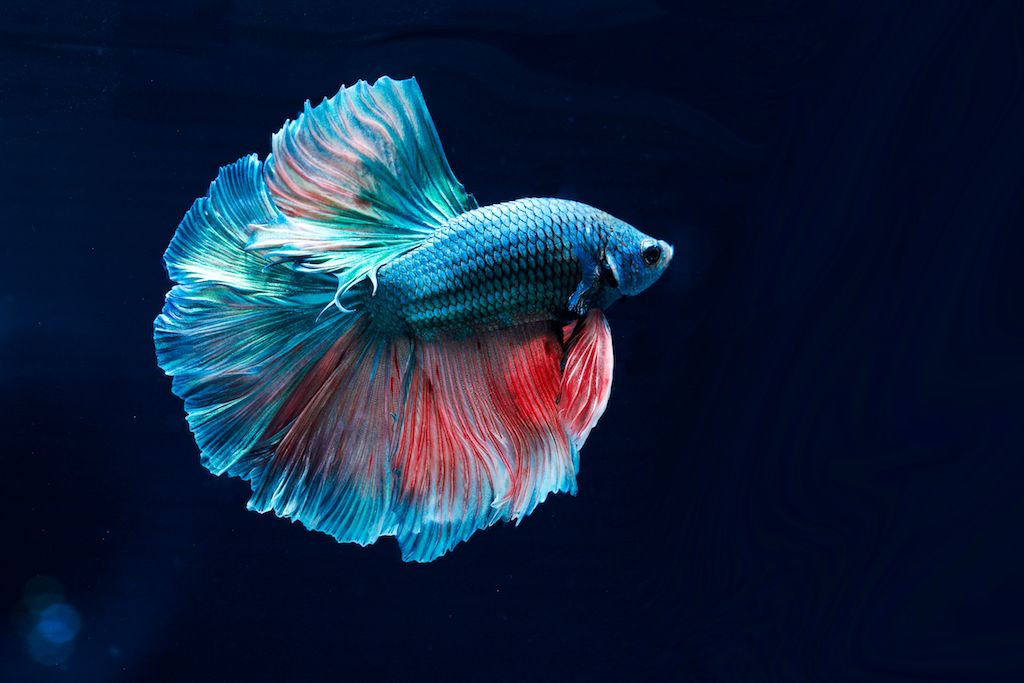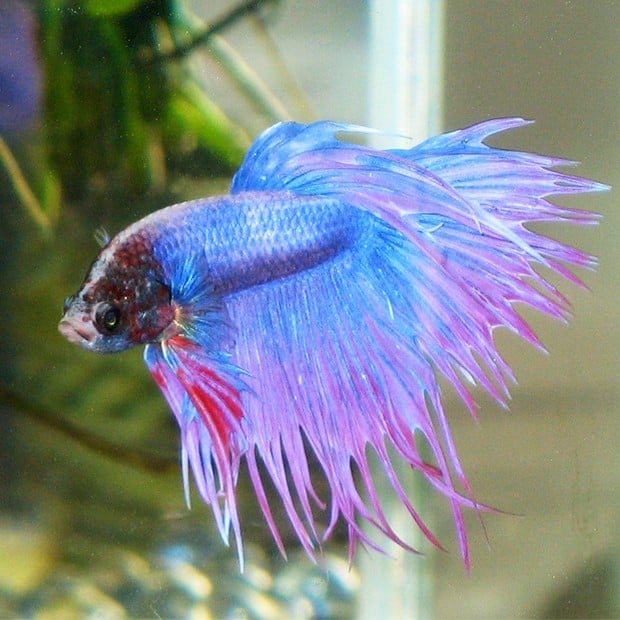Betta Fish Life-span: How to Guarantee Your Betta Lives Longer
Betta Fish Life-span: How to Guarantee Your Betta Lives Longer
Blog Article
Everything About Betta Fish: Understanding Their Unique Demands, Habits, and the very best Practices for Ideal Treatment
Comprehending the distinct requirements and actions of Betta fish is vital for any type of aquarist looking to give optimum treatment. betta fish. As we explore these elements even more, the ramifications for both amateur and seasoned fish caretakers become increasingly evident, raising questions regarding how ideal to accommodate these amazing fish in our homes.
Betta Fish Summary
Although commonly appreciated for their lively colors and moving fins, Betta fish, scientifically referred to as Betta splendens, are intricate animals that call for details like prosper. Stemming from Southeast Asia, these freshwater fish are understood for their territorial nature and unique behaviors. Betta fish show sex-related dimorphism, with men presenting a lot more brilliant colors and longer fins than females.
Their aggressive tendencies, particularly among men, require cautious consideration when real estate them. Bettas are usually maintained in single-specimen storage tanks to prevent territorial disputes. However, they can exist together peacefully with particular suitable species in bigger neighborhood containers, gave the atmosphere meets their demands.

To ensure ideal care, aquarists need to recognize their distinct behavioral traits, dietary requirements, and environment needs. betta fish. With correct attention, Betta fish can exhibit their dynamic individualities and thrive in a well-maintained fish tank setting
All-natural Habitat and Atmosphere
Betta fish flourish in a diverse variety of all-natural environments, largely discovered in the superficial waters of Southeast Asia, including rice paddies, swamps, and slow-moving streams. These settings are defined by warm temperature levels, generally between 75 ° F and 82 ° F(24 ° C and 28 ° C ), and a pH degree varying from 6.5 to 7.5, which is excellent for their health and well-being.
In their all-natural environments, Betta fish are accustomed to dense vegetation, giving both sanctuary and breeding premises. The visibility of plants such as floating water lilies and thick grasses not just uses protection from killers however also adds to the oxygenation of the water, which is necessary for their breathing requirements. In addition, these atmospheres typically have areas of still water, enabling Betta fish to exhibit their all-natural habits such as bubble nesting.
Recognizing the natural environment of Betta fish is vital for fish tank lovers. Replicating these problems-- with water temperature, pH balance, and the incorporation of real-time plants-- can significantly improve the overall wellness and durability of these exciting fish, ensuring they grow in a home aquarium setup.
Social Habits and Interactions
Understanding the social habits and interactions of Betta fish is necessary for effective fish tank management. Betta fish, or Siamese fighting fish, are known site for their distinct behavioral qualities, defined largely by territoriality and aggressiveness.
Alternatively, women Bettas exhibit less hostile behavior and can exist together in groups, referred to as sororities, if presented appropriately. Nevertheless, it is vital to check their communications carefully, as pecking order and supremacy can bring about problems. Understanding the characteristics within a Betta area is important; establishing hiding spots and guaranteeing ample area can mitigate aggressiveness.
Additionally, Betta fish may additionally present inquisitiveness and social actions in the direction of other species. While they can exist side-by-side with particular non-aggressive tank mates, it is vital to pick suitable species to stay clear of stress and anxiety and hostility. In general, recognizing these social communications is essential to fostering an unified aquarium environment for Betta fish.
Crucial Care Guidelines
Supplying appropriate take care of Betta fish is vital to their health and health. To make certain a successful environment, it is important to preserve optimum water conditions. The water temperature level ought to be maintained between 76 ° F and 82 ° F(24 ° C to 28 ° C), while pH degrees ought to vary from 6.5 to 7.5. Regular water adjustments-- roughly 25% once a week-- help preserve water quality.
Betta fish require an appropriate container dimension; a minimum of 5 gallons is advised to offer appropriate space for swimming and hiding. Include designs and plants to develop a stimulating environment, however stay clear of sharp things that could hurt their fragile fins.

Lastly, ensure the tank is outfitted with a filter to maintain the water clean, but use a mild filter to prevent strong currents that can stress the fish. By adhering to these necessary treatment guidelines, proprietors can advertise a healthy and vibrant Betta fish.
Common Wellness Issues and Solutions
In the treatment of Betta fish, understanding of common wellness problems is important for keeping their wellness. One prevalent concern is fin rot, commonly triggered by poor water top quality or bacterial infection. Signs and symptoms include torn or blemished fins. To deal with fin rot, boost water problems and think about making use of a broad-spectrum antibiotic.
An additional common disorder is ich, a parasitic infection defined by white spots on the fish's body (betta fish). Treatment involves raising water temperature and including fish original site tank salt to the storage tank, as this can assist remove the bloodsucker
Swim bladder condition is also frequently observed, causing buoyancy troubles. This problem may arise from overfeeding or irregularity. A fasting duration of 24-48 hours, followed by a diet plan of blanched peas, can give relief.
Finally, bettas might deal with velvet illness, shown by a gold dust-like you could check here appearance on their skin. Treatment commonly requires medication particularly made for external bloodsuckers, alongside improved container hygiene.
Routine tracking of water specifications, maintaining a tidy environment, and supplying a well balanced diet plan are vital precautionary actions. By resolving these health problems immediately, Betta fish can lead much healthier, a lot more vivid lives.
Conclusion
In summary, successful betta fish care requires an understanding of their distinct requirements and habits. Supplying an appropriate atmosphere, including ideal tank dimension and water problems, is essential for their well-being. In addition, identifying their territorial nature and making certain ample concealing places can stop hostility. Routine surveillance of health and water high quality, together with a well balanced diet plan, contributes to the longevity and vibrancy of betta fish. Sticking to these standards will foster a thriving aquatic ecological community for these exciting creatures.
Report this page